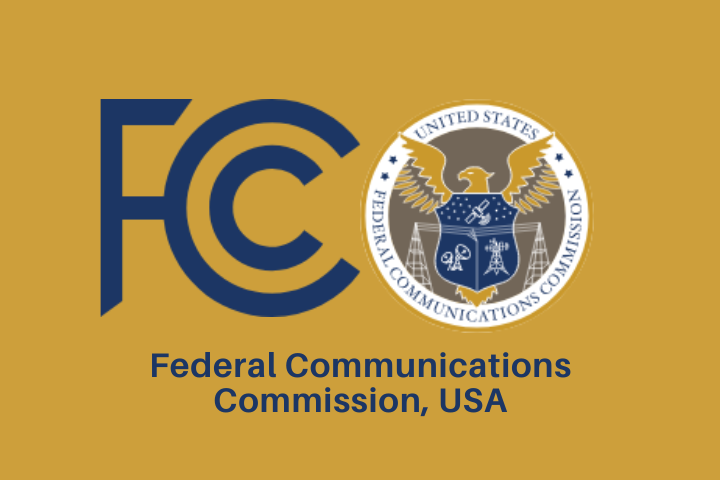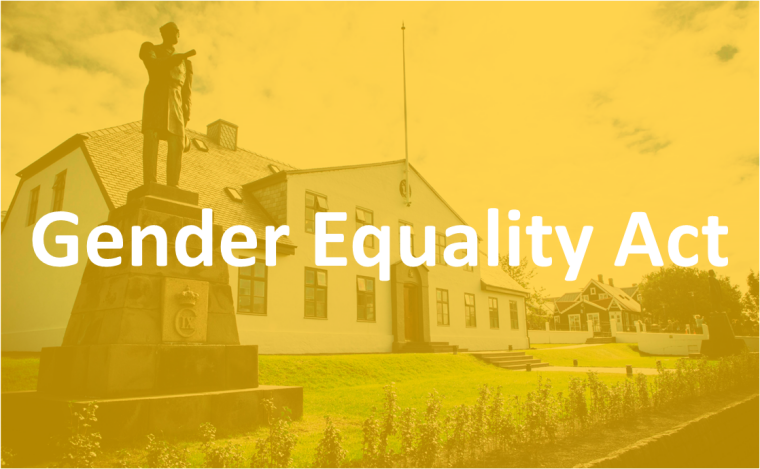
Decoding the Federal Communications Commission
Delving into the intricate realm of communications regulation, the Federal Communications Commission (FCC) stands as a pivotal entity. Tasked with overseeing the vast landscape of telecommunications, broadcasting, and emerging technologies, the FCC plays a crucial role in shaping the communication landscape.
The FCC’s Mandate and Authority
At its core, the FCC operates under a broad mandate, tasked with regulating interstate and international communications by wire and radio. This mandate extends to satellite communications, cable television, and broadband services. The FCC’s authority is rooted in the Communications Act of 1934, granting it the power to regulate various aspects of the communication industry.
Licensing and Spectrum Allocation
A significant aspect of the FCC’s role is the licensing and allocation of spectrum, the radio frequencies used for wireless communication. The FCC ensures that these limited frequencies are assigned efficiently to prevent interference and promote the optimal use of the airwaves.
Telecommunications Competition and Consumer Protection
Fostering fair competition in the telecommunications market is another key focus of the FCC. Through regulations and policies, the FCC aims to prevent monopolies, encourage competition, and safeguard consumer interests. This involves addressing issues such as pricing, service quality, and access to communication services.
Broadcasting Standards and Content Regulation
In the realm of broadcasting, the FCC sets standards and regulations for content to ensure that broadcasts serve the public interest. This includes regulations on obscenity, indecency, and profanity, as well as guidelines for children’s programming. The FCC works to balance the freedom of expression with the responsibility to uphold community standards.
Broadband Deployment and Internet Regulation
As technology advances, the FCC grapples with the challenges of broadband deployment and internet regulation. The commission plays a crucial role in promoting universal broadband access, addressing issues of net neutrality, and navigating the evolving landscape of digital communication.
Public Safety and Emergency Communications
Safeguarding public safety is a paramount concern for the FCC. The commission oversees emergency communications, ensuring that first responders have access to reliable communication networks during crises. This involves coordinating efforts to enhance the resilience and effectiveness of communication systems.
Enforcement and Compliance
The FCC enforces its regulations through a range of tools, including fines, license revocations, and other enforcement actions. This ensures that entities within the communication industry adhere to the established rules and regulations. Compliance with FCC guidelines is crucial for businesses and organizations operating in the sector.
JossLawLegal: Navigating FCC Compliance
For businesses navigating the complex landscape of FCC regulations, JossLawLegal offers specialized guidance. Their expertise in communication law ensures that businesses comply with FCC regulations, navigate licensing processes, and address legal challenges in the ever-evolving communication industry.
The Future of Communication Regulation
As technology continues to advance, the FCC faces an ongoing challenge to adapt regulations to the changing landscape. Issues such as 5G deployment, emerging technologies, and the intersection of communication and privacy will shape the future of communication regulation. The FCC remains at the forefront, balancing innovation with the need for regulatory oversight.
Navigating the Waves of Change
In a world where communication is integral to every aspect of society, the FCC’s role remains vital. Navigating the waves of technological change, ensuring fair competition, and safeguarding the public interest, the FCC stands as a linchpin in the dynamic and ever-evolving landscape of communication regulation.


